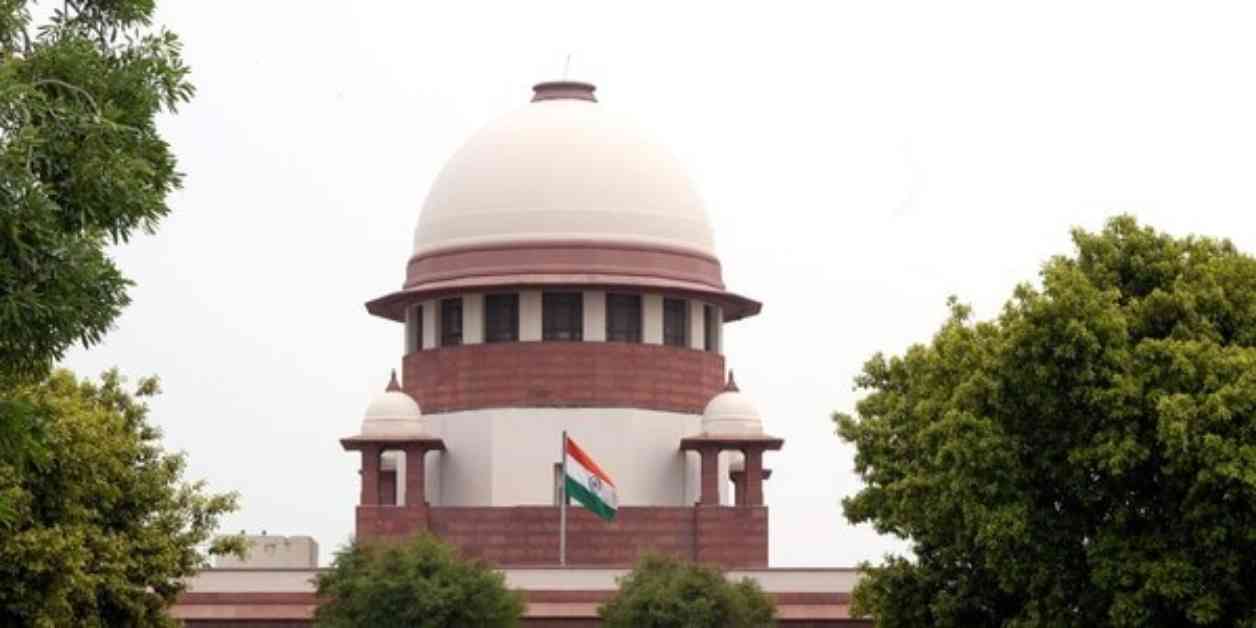Compliance Alert: MeitY Urges Social Media Platforms to Follow SC Order in Kolkata Case
New Delhi: The Ministry of Electronics and Information Technology (MeitY) recently issued a directive urging all social media companies to adhere to a recent Supreme Court order in the Kolkata rape case. The order specifically mandates the removal of all personal information, including audio-visual media related to the deceased victim, from the internet.
The Supreme Court’s intervention in this matter underscores the importance of protecting the privacy and dignity of individuals involved in sensitive cases. The MeitY’s directive serves as a reminder to social media platforms of their responsibility to comply with legal orders and uphold ethical standards in handling sensitive information. Failure to adhere to the Supreme Court’s order may result in legal consequences and regulatory action against the non-compliant platforms.
Supreme Court’s Ruling on Kolkata Rape Case
In a case titled “Kinnori Ghosh and Another versus Union of India and Others – Re: Circulation of Name and Photographs of Deceased in RG Kar Medical College Incident,” the Supreme Court issued a ruling prohibiting the dissemination of any references to the name of the deceased victim, as well as the removal of any photographs and video clips depicting the deceased from all social media platforms and electronic media.
The court’s decision came in response to the unauthorized publication of sensitive information about the deceased victim and the incident at the Kolkata RG Kar Hospital rape case. The circulation of such content on social media platforms raised concerns about the violation of privacy and the dignity of the individuals involved.
MeitY’s Directives to Social Media Companies
Following the Supreme Court’s order, the Ministry of Electronics and Information Technology emphasized the need for social media companies to promptly comply with the directive to safeguard the privacy and dignity of the individuals affected by the case. MeitY urged all social media platforms to take immediate action in removing any references to the deceased victim and to prevent the further dissemination of sensitive information related to the case.
In an official statement, the IT Ministry highlighted the importance of adhering to the Court’s order and requested social media companies to update MeitY’s cyber law division on the steps taken to comply with the directive. While no specific timeline for compliance was mentioned in the Ministry’s statement, the urgency of the matter was underscored to ensure swift action in removing the objectionable content from online platforms.
Importance of Legal Compliance in Social Media
The Supreme Court’s intervention in the Kolkata rape case serves as a significant reminder of the legal responsibilities that social media platforms carry in handling sensitive information. Upholding privacy rights, protecting individual dignity, and preventing the unauthorized dissemination of personal data are crucial aspects of maintaining ethical standards in the digital age.
By complying with legal orders and directives from regulatory authorities, social media companies can contribute to a safer and more respectful online environment. The adherence to such guidelines not only ensures the protection of individuals’ rights but also upholds the rule of law in the virtual space.
Ethical Considerations in Social Media Content Moderation
The recent directive from MeitY highlights the ethical considerations that social media platforms must take into account when moderating content related to sensitive cases. Balancing the need for transparency and freedom of expression with the protection of individuals’ privacy and dignity poses a significant challenge for online platforms.
In cases involving sensitive information, such as the Kolkata rape case, social media companies must exercise caution and diligence in handling content that could potentially harm the victims or their families. By swiftly removing objectionable material and preventing its further dissemination, platforms can demonstrate a commitment to ethical content moderation practices and respect for legal mandates.
In conclusion, the MeitY’s directive to social media platforms underscores the importance of legal compliance, ethical considerations, and responsible content moderation in the digital landscape. Upholding the rule of law, protecting individual rights, and safeguarding privacy are essential principles that must guide the actions of online platforms in handling sensitive information. By following the Supreme Court’s order in the Kolkata case and taking proactive measures to remove objectionable content, social media companies can contribute to a safer and more respectful online environment for all users.






















